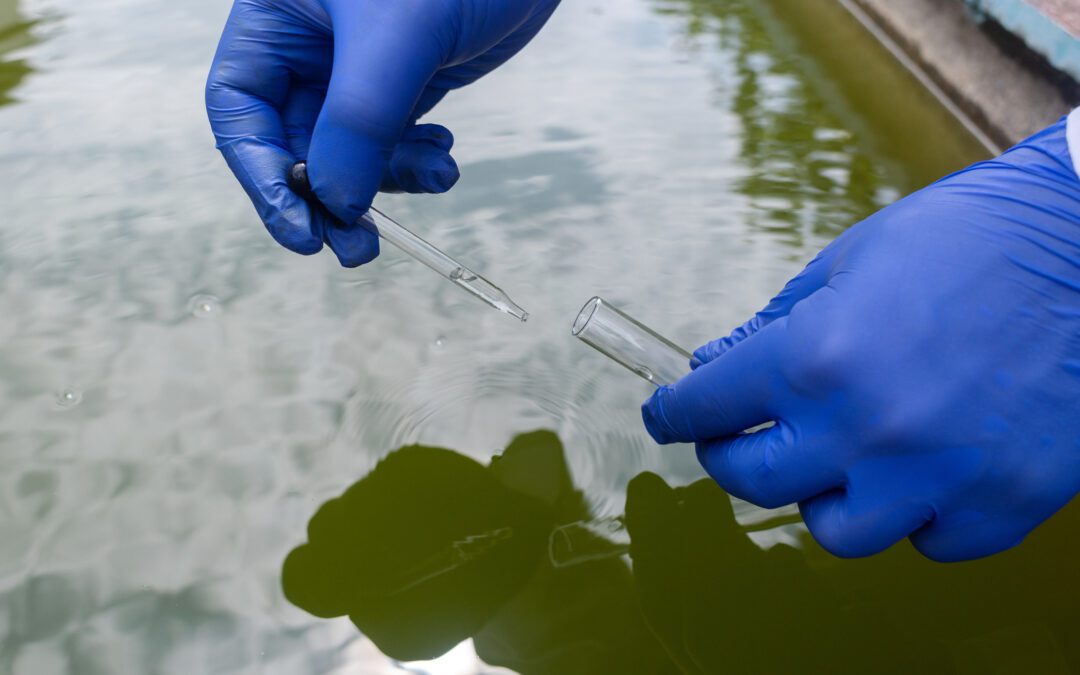Are there forever chemicals in Murfreesboro water? Forever chemicals, also known as per- and poly-fluoroalkyl substances (PFAS), are manufactured chemicals widely used in various consumer and industrial products for decades.
These chemicals have been linked to a range of health issues, including cancer, thyroid disease, and developmental delays in children. While efforts are being made to reduce the use of these chemicals, they remain a concern for many households. This blog post will explore how to protect your family against forever chemicals in Murfreesboro water.
What are Forever Chemicals?
Forever chemicals are synthetic chemicals used in many products, including non-stick cookware, food packaging, and stain-resistant fabrics. They are also used in firefighting foam and are often found in the water near airports, military bases, and industrial sites. These are called “forever” chemicals because they don’t break down easily in the environment and can accumulate in the body over time.
Health Risks of Forever Chemicals in Murfreesboro Water
The health risks associated with exposure to PFAS are still being studied. Still, research has found links between these chemicals and various health problems. According to the Environmental Protection Agency (EPA), exposure to high levels of PFAS can cause cancer, liver damage, developmental problems in fetuses and infants, and immune system issues.
How to Protect Your Home’s Water
Test Your Water: The first step in protecting your home’s water against forever chemicals is to have it tested. One of our qualified water testing professionals can comprehensively analyze your water to identify any contaminants, including PFAS.
Install a Water Filtration System: Once you have identified the presence of PFAS in your water, you can take steps to remove it by installing a water filtration system. Several types of water filtration systems are available, including activated carbon filters, reverse osmosis systems, and ion exchange systems, each of which has advantages and disadvantages.
Activated carbon filters are one of the most common types of water filtration systems used to remove PFAS. They work by trapping the chemicals in a bed of activated carbon, which is then periodically replaced. Reverse osmosis systems, on the other hand, use a semipermeable membrane to filter out impurities, including PFAS. Finally, ion exchange systems use resin beads to exchange ions in the water, removing PFAS.
Maintain Your Water Filtration System: Once you have installed a water filtration system, it’s crucial to maintain it properly to ensure it continues working effectively. This includes regularly replacing filters or other components as needed and following the manufacturer’s other maintenance instructions. We also offer a service plan so that you don’t have the headache of maintenance.
Be Mindful of PFAS in Consumer Products: In addition to protecting your home’s water, it’s essential to be mindful of the presence of PFAS in consumer products. Avoid products made with PFAS, such as non-stick cookware and stain-resistant fabrics. Additionally, if you have products containing PFAS, dispose of them properly to avoid contaminating the environment.
Protecting against forever chemicals in Murfreesboro water is essential in safeguarding your and your family’s health.
By testing your water, installing a water filtration system, maintaining it properly, and being mindful of PFAS in consumer products, you can take control of your water quality and reduce your exposure to harmful contaminants.
Contact us at Robertson Family Water today to learn how we can help you protect your home’s water against forever chemicals.
Schedule an appointment, and we’ll come out and assess your situation for free!

